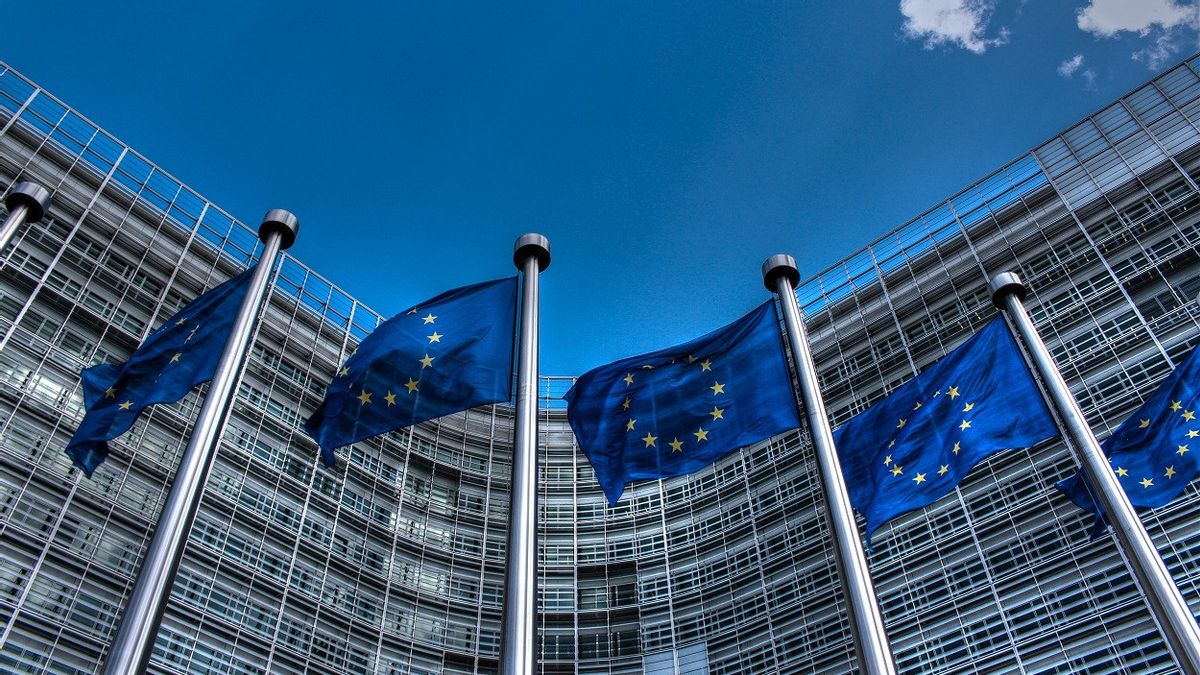JAKARTA - Foreign Minister Hossein Amirabdollahian lamented the sanctions announced by the European Union against Iran, following an attack on Israel which was considered an act of self-defense.
The European Union's foreign minister agreed to expand sanctions against Iran agreeing to expand restrictions on Tehran's arms exports, either drones or any missiles to Iran and Russia's proxies.
"It is regrettable to see the EU quickly decide to impose more unlawful restrictions on Iran, simply because Iran uses its right to defend itself in the face of Israel's reckless aggression," Foreign Minister Amirabdollahian wrote on social media X, before calling on the European Union to impose sanctions on Israel instead. April 23.
Iran launched drone and missile attacks on Israel on the evening of April 13, in response to an Israeli attack on the Iranian Embassy Complex in Damascus, Syria that killed seven Iranian Revolutionary Guard Corps (IRGC) officers, including two senior generals.
Israel, with the United States, Britain, and France, claims to have successfully fended off and brought down about 99 percent of the approximately 350 Iranian-launched projectiles, as quoted by TASS.
Prior to the deal to expand sanctions on Monday in Luxembourg, the EU has targeted sanctions against Iranian-made drones used to support Russia's war in Ukraine.
The scheme also includes people and entities involved in Iran's UAV program blacklisted through travel bans and asset freezes.
However, following Tehran's attack on April 13, the EU began imposing wider sanctions to cover missile production and expand its catalog of banned drone-related components. This will take effect in the coming days, after the political consensus is translated into legal action and officially approved.
SEE ALSO:
"We have reached a political agreement," EU Head of Foreign Policy Josep Borrell said at the end of the meeting, noting the "potential transfer" of missile technology to Russia has yet to take place, citing Euronews.
Iran is expected to have the largest and most diverse missile arsenal in the Middle East, with more than 3,000 rockets in its supply and a range of up to 2,000 kilometers.
The English, Chinese, Japanese, Arabic, and French versions are automatically generated by the AI. So there may still be inaccuracies in translating, please always see Indonesian as our main language. (system supported by DigitalSiber.id)













